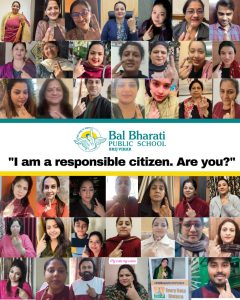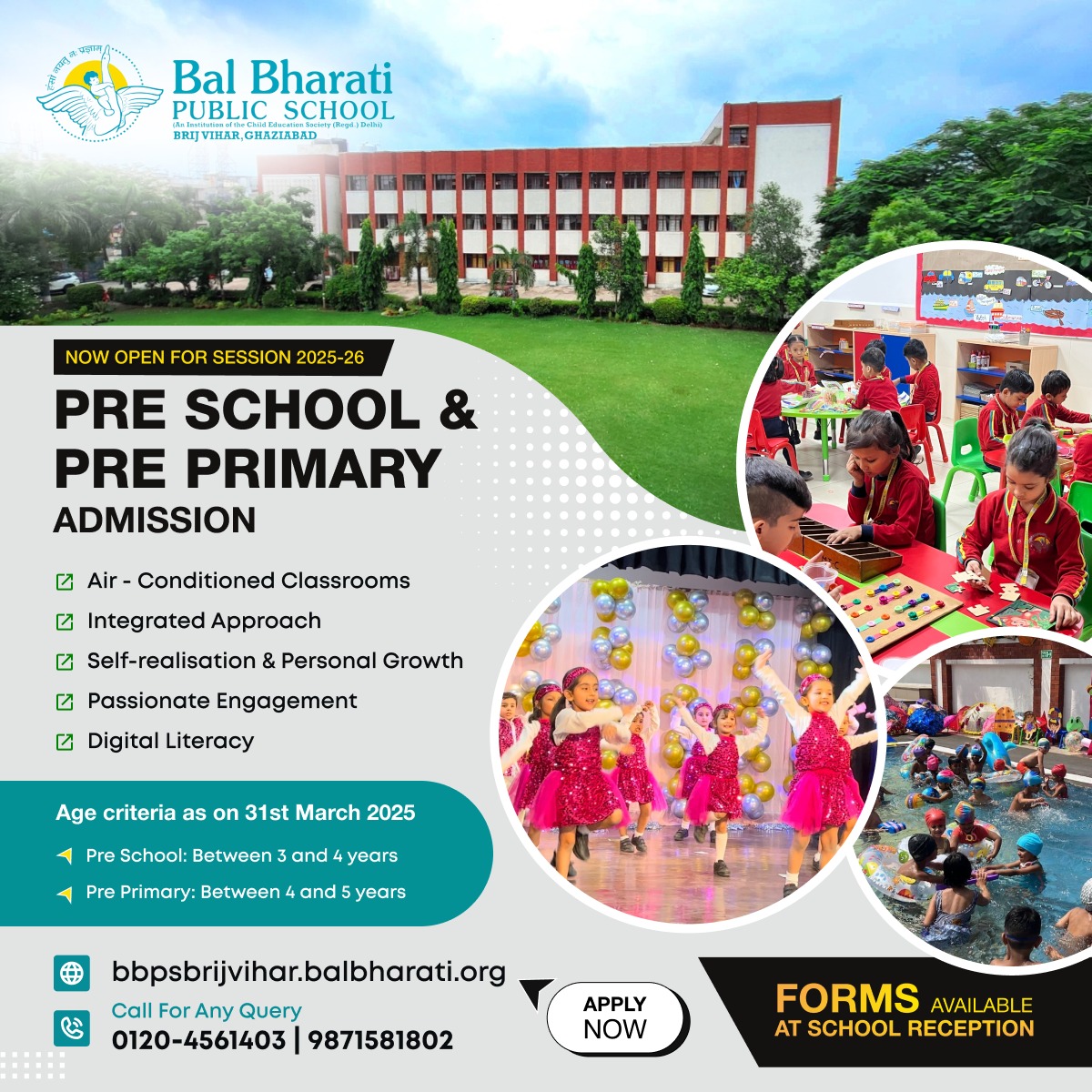VOTING ISN’T JUST A RIGHT—IT’S A CELEBRATION OF FREEDOM, UNITY, AND PROGRESS.

HONORING THE PAST, INSPIRING THE FUTURE: ALUMNI AWARD RECIPIENT SHINES
A STAR ALUMNI: ADITI OHRI RECOGNIZED FOR OUTSTANDING CONTRIBUTIONS


PREPARING STUDENTS FOR HEALTHY ONLINE ENGAGEMENT
In today’s digital world, social media has an important role to play in students' lives, influencing their social interactions, self-esteem, and overall mental health.
Understanding the multifaceted impact of social media, it is essential to mitigate the negative effects while promoting a healthy relationship with social media, we can implement several effective strategies.
Strategies to minimize the Impact of social media
As a counsellor, I feel that the power to shape our online experience lies in our hands—so use it wisely!
Social media platforms serve as vital communication tools for students. They offer a space for connection, self-expression, and creativity. However, they also present significant challenges that can affect students' mental and emotional health.
Here are some innovative strategies to help minimize the negative impact of social media on our lives.
- Foster Open Dialogue
Encouraging students to discuss their social media experiences in a safe and supportive environment. Open conversations about the positive and negative aspects of social media help students articulate their feelings and concerns. This dialogue can empower them to navigate challenges more effectively.
- Promote Digital Literacy
Teaching students to critically evaluate the content they encounter online is crucial. By developing digital literacy skills, students can differentiate between authentic and curated materials.
- Encourage Healthy Boundaries
Guiding students to set boundaries around their social media by suggesting specific times for social media engagement and encourage breaks to foster a healthier balance between online and offline life.
- Equip for Cyberbullying
Teach students how to report harmful behaviour, block negative users, and seek support when they experience online harassment.
- Promote Offline Activities
Encouraging participation in extracurricular activities, sports, and face-to-face interactions can help students build strong social connections outside of social media. Engaging in offline activities fosters a sense of belonging and fulfilment that complements their online experiences.


